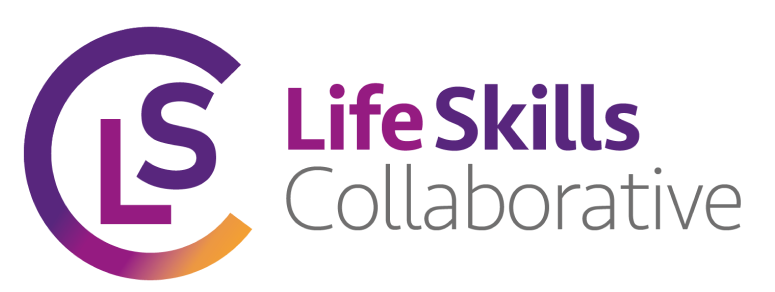- /
- /
-
Preparing India’s Young People for Emerging Technologies with Life Skills
Preparing India’s Young People for Emerging Technologies with Life Skills

The lines between physical and virtual reality will forever be blurred by 2025 with fully digitalized alternatives for social interactions. According to an article by the World Economic Forum, we are looking towards a future of robotic retail, tech managed cancer treatments, AI-optimised manufacturing, among other tech advancements. Even today, technology has completely changed the way we approach or do things. It has transformed our lives to the point where regular tasks like grocery shopping can be done online. Augmented and Virtual Reality has taken over as learning tools, leaving books and paper in the past. And, this change is just the beginning.
Like every other country, India has been gearing up to take advantage of this tectonic shift in the technological landscape through investments, tech upgrades, and upskilling efforts. However, a lot of preparation is needed to enable the young people – the future workforce – to effortlessly adapt to emerging technologies. Education integrated with life skills training can offer powerful life skills that not only empower young people but also equip them with the potential to seamlessly adapt to emerging technologies. Life skills like cognitive flexibility, ICT Literacy, learning to learn, metacognition, among others are powerful tools that allow learners to have the intellectual, mental, and psychological bandwidth to adapt to changing tech landscapes.
Importance of Life Skills to keep up with emerging technologies
Multinational corporations like Tesla, Tata Group, Coforge and Meta have been investing majorly in the manufacturing of robots and the creation of metaverse, looking for innovative solutions to physical interactions. Most companies are moving away from traditional workplaces and are looking for a digitally skilled workforce to manage as well as work with technology. According to research, even non-technological sectors like manufacturing and education are demanding tech-savvy people. To cope with the future of fewer social interactions, life skills can help our young people function beyond the technological spheres and adapt better to the emerging transformations.
Life skills are vital processes that help a person navigate through familiar, unfamiliar, and challenging contexts with a sense of personal confidence, social conscience, and professional competence.
Learning life skills eventually helps one to embrace the challenges that come with technological transformations. Life skills create mental attributes and attitudes which help in positively keeping up with an ever-changing technological landscape.
Essential Life Skills for better tech-adaptability
A report by Outlook India states that 80% of businesses will adopt cloud technology in some form or the other by 2025. Even small and medium-sized enterprises, previously slow to adopt emerging technologies, have warmed up to the idea of cloud technologies. The future of our workplace is technology and it is about time that we start preparing for it. These are a few skills that can support our young people in keeping pace with the technological advancements:
- ICT Literacy– To function productively in a tech-enabled society, it is crucial that we have the knowledge of how to use and make sense of technology. ICT Literacy skills can make us aware of how to use technology safely as well ethically to meet our needs.
- Cognitive Flexibility– There is a growing need for people to start accepting the technological advancements that are taking people, turning a blind eye to them isn’t an option anymore. Being cognitively flexible and accepting of technology can help us adapt better to achieve favourable outcomes.
- Social Skills/Communication– Everything has two sides and so does technology. With ease and smoother functioning comes lesser social interactions and loss of human touch. In situations like these, social skills like communication come into play. Communicating feelings, as well as thoughts, effectively helps an individual to cope up with transformations.
- Teamwork/Collaboration-Devices might aid in problem-solving, but the final prioritizing or approach to resolving problems still rests with humans. It can be resolved with efficient teamwork or collaborating with teams, which will help to resolve issues faster.
Other Life Skills such as critical and creative thinking, problem-solving, information synthesis, communication, logical thinking, and effective emotional regulation helps in creating a stimulating learning environment.
A viable learning environment, other than learning, also assists in keeping up with the emerging technologies. In essence, the future of our young people depends on innovative ways to blend human abilities with technological capabilities. Emerging technologies are constantly changing the way we live, work, and play. The young people of India need life skills for crossing over this bridge of transition and growth into the future.



